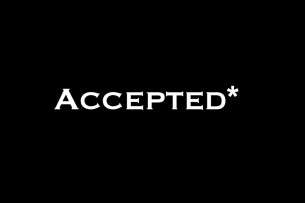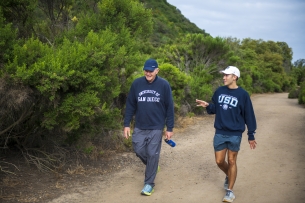Filter & Sort

Lessons in Public Scholarship
Public-facing work shouldn't just be an add-on to scholarly work but also an integral aspect of our jobs as researchers, writers and teachers, writes Christopher Schaberg.

Navigating the Hidden Curriculum Part II
Aurora Washington and Rebekah Layton explore social identity, peer relationships, self-advocacy and accessing resources—in hopes of providing context and support for those just now encountering these parts of the hidden curriculum.

Who Can Teach Ethnic Studies Revisited
Carmen R. Lugo-Lugo further explores its genesis and history, which she divides into three parts.

Surviving in a Small Department
Matthew J. Wright describes some of the challenges as well as the benefits.

Bridging Disciplinary Divides
Brian R. Clack, a philosophy professor, and Beth O’Shea, a geology professor, share lessons they discovered firsthand about the transformative power of an immersive, team-taught course.

The Effective Presidents Emeriti
It’s all about clearly defining the role and avoiding being underfoot, writes Steven Bahls.

Navigating the Hidden Curriculum: Part I
Aurora Washington and Rebekah Layton advise students from historically excluded groups on the benefits of networking, mentoring up and career planning.

A Walk in the Canyon
Campus leaders need to connect authentically with the students and others whom they serve and become grounded in their situations, writes James T. Harris.
Pagination
Pagination
- 30
- /
- 409